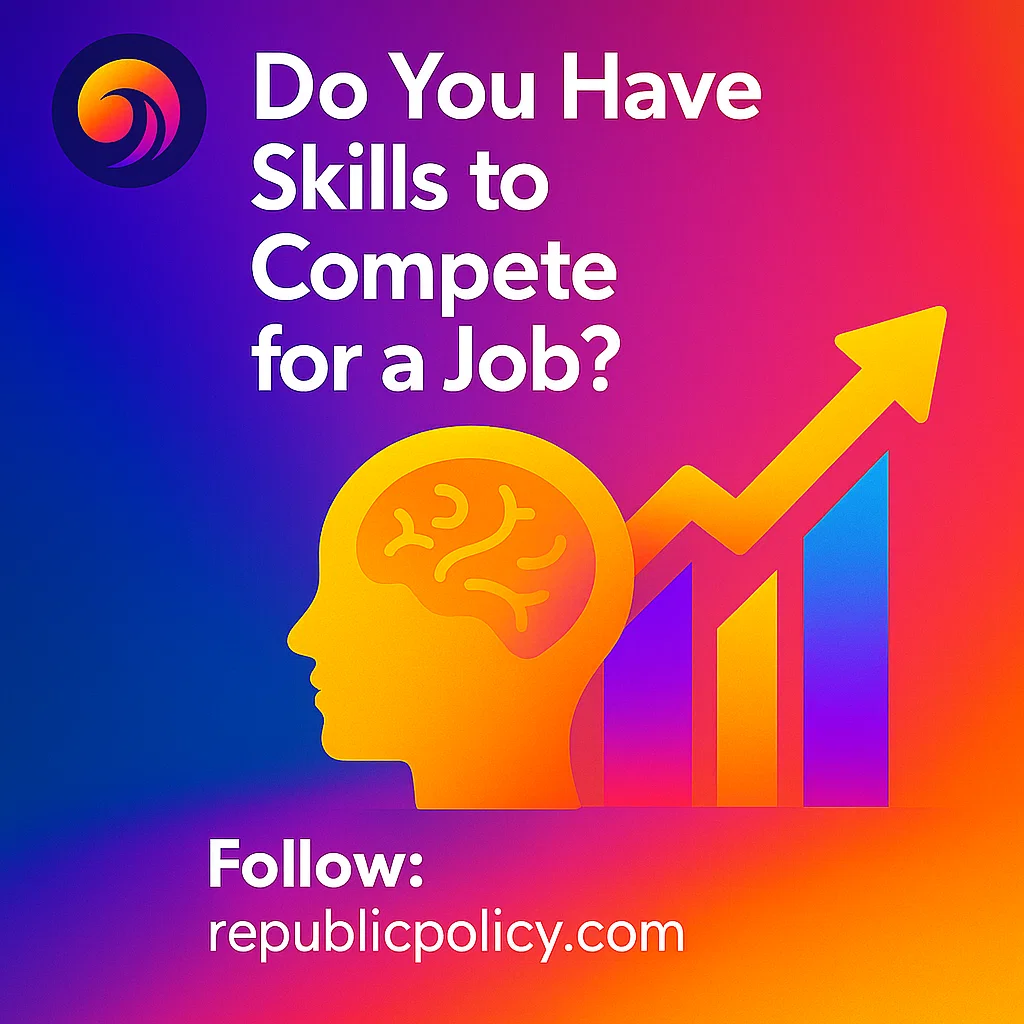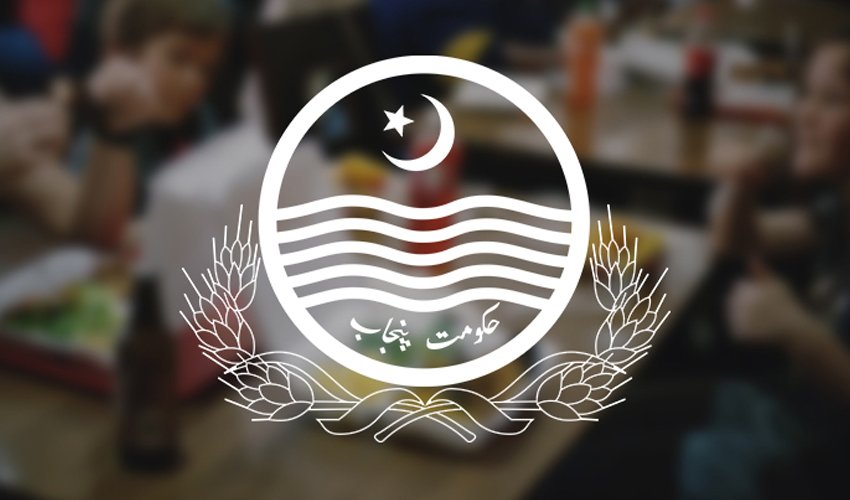Arshad Mahmood Awan
Every young man and woman in Pakistan must pause and ask a fundamental question: Do I truly have the skills required to secure a job in today’s competitive world? In a rapidly evolving global economy where traditional qualifications are no longer enough, this question has become more urgent than ever. The world is shifting toward a skills-based economy, and Pakistan’s youth must be prepared not only to survive but to thrive in it.
The days when a university degree alone guaranteed employment are gone. Employers now look beyond academic credentials and demand real-world, practical skills. Whether it’s digital literacy, communication abilities, critical thinking, entrepreneurship, or specialized vocational training, today’s job market rewards those who can offer tangible value. This shift reflects a broader transformation in how economies function. Automation, artificial intelligence, and the gig economy have disrupted traditional employment patterns and created new kinds of opportunities — but only for those who are skilled and adaptable.
In this context, skill acquisition is not a choice; it is a necessity. For Pakistani youth, the question is not merely about employment but about empowerment. A skilled young person can earn independently, start a business, or even work remotely for international companies. Skills translate into confidence, financial independence, and the ability to contribute meaningfully to national development. A young person with skills is not a burden on the economy but an asset.
The Republic Policy Think Tank has rightly highlighted this reality by urging young Pakistanis to reflect on their preparedness for the future. Their message — “Every young man in Pakistan should ask himself: Do I have the skills to seek a job?” — encapsulates the essence of what it means to be career-ready in the 21st century.
This call to self-reflection is vital because Pakistan has one of the largest youth populations in the world. Over 60% of the population is under the age of 30. This demographic advantage can either become a powerful driver of economic growth or a ticking time bomb of unemployment and social unrest — depending entirely on how well we prepare our youth.
Unfortunately, our current educational system still emphasizes rote learning and theoretical knowledge over applied skills. While degrees are important, they must be complemented with hands-on training in fields that are relevant to market demands. The government, private sector, and educational institutions all have a role to play in reshaping this landscape.
Technical and vocational training programs, soft skills development, digital courses, and entrepreneurial education should be mainstreamed. Young people must be exposed to real-world problems through internships, apprenticeships, and project-based learning. Career counseling and mentorship can also help guide them toward relevant opportunities based on their interests and strengths.
Furthermore, the rise of online learning platforms has made skills more accessible than ever before. From coding and graphic design to content writing and e-commerce, the internet offers countless pathways for youth to upskill at their own pace. Initiatives that promote digital literacy and offer subsidized access to online education must be expanded across Pakistan, especially in rural and underserved areas.
But skill development is not just about jobs—it’s about dignity, self-respect, and national progress. A skilled population is a resilient one. It can adapt to change, recover from setbacks, and lead innovation. Pakistan’s journey toward becoming a prosperous and self-reliant nation depends on the productivity of its youth.
This transformation requires a mindset shift. Parents must stop pressuring their children to chase degrees only for status. Young people themselves must take ownership of their future and stop relying solely on the government or family for support. Employers must recognize and reward skill-based talent, not just academic credentials. Policymakers must ensure that national curriculum and employment policies are aligned with market realities.
The Republic Policy Think Tank’s advocacy for skill development should not be seen in isolation. It is part of a larger effort to build a knowledge-based, innovation-driven economy where Pakistani youth are not just job seekers but job creators. For this, we need long-term investments in education reform, public-private partnerships, and nationwide awareness campaigns to change societal perceptions about vocational training and technical careers.
It’s also crucial to promote inclusivity in skills development. Young women, people with disabilities, and youth from marginalized communities must be equally empowered with training opportunities. True national development will only occur when every Pakistani youth, regardless of background, is equipped with the tools to succeed.
In conclusion, every young Pakistani must recognize that their future lies in their hands. The ability to earn, grow, and contribute to the country starts with a simple yet powerful step—acquiring relevant, practical, and in-demand skills. As the Republic Policy rightly advocates, it’s time for Pakistan’s youth to stop waiting for opportunity and start preparing for it.
The question is no longer if skills are important, but how fast can we acquire them. The faster we act, the brighter our collective future becomes.















